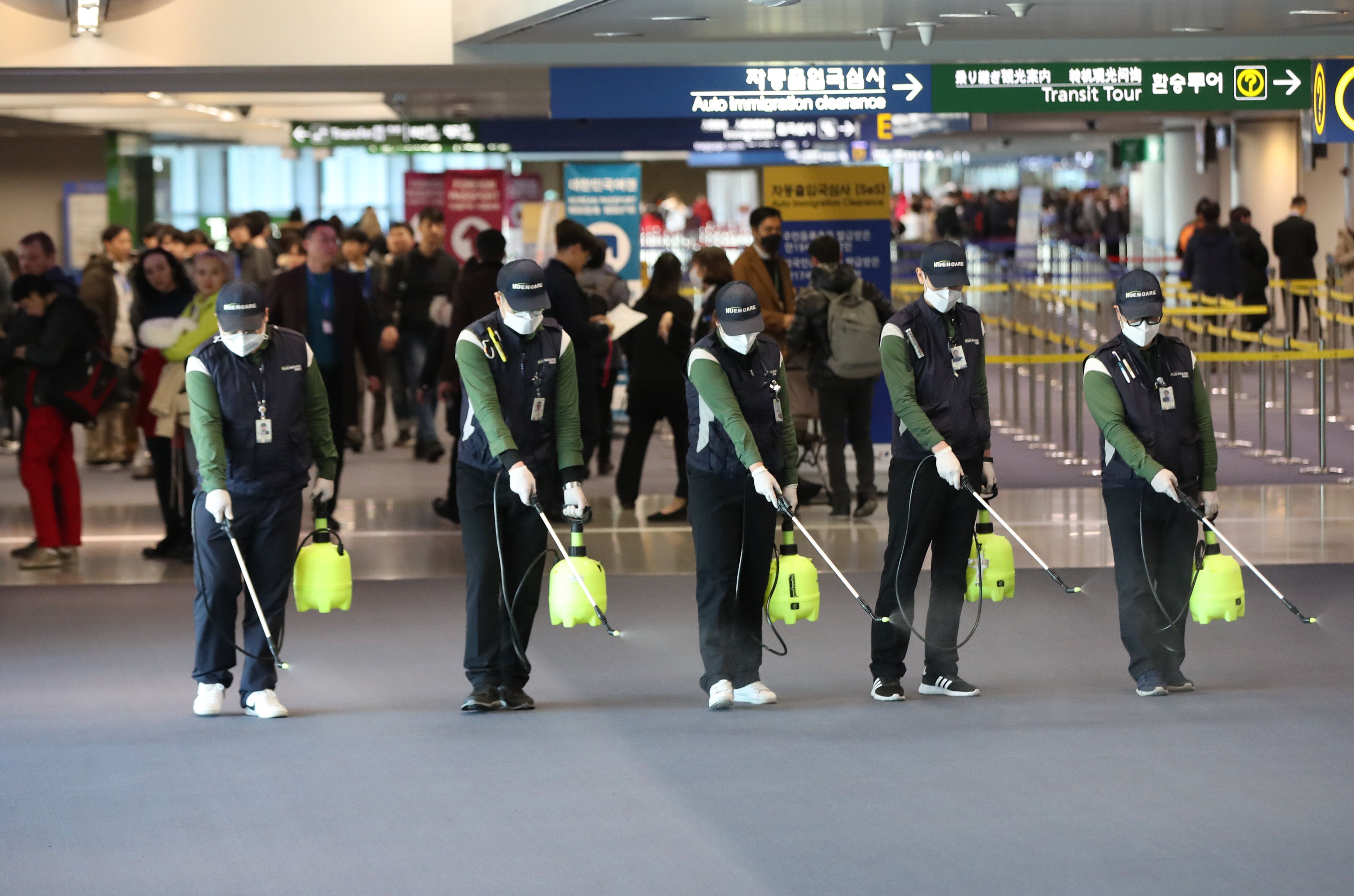A potentially deadly new coronavirus that can be transmitted from one person to another is now spreading across China. Chinese state media say it has infected about 440 people and killed nine, but the number of undetected or unreported cases is certain to be much higher. Complicating containment efforts, millions of people are on the move across the country this week to celebrate the Chinese New Year with family and friends.
This isn't just China's problem. Thailand, Japan, South Korea, Taiwan and the United States have all reported infections among people who've recently arrived from China. Authorities in Australia, Singapore, Taiwan, Japan, and the United States are screening air passengers from the Chinese city of Wuhan, which is believed to be the original source of the virus. Some fear a repeat of the 2003 outbreak of SARS, which originated in China and killed nearly 800 people in several countries.
Politics lies at the heart of this story. Reports in coming days will focus, for obvious reasons, on the public health and market implications of this story. But the virus itself and the public fear it provokes also reveal a political problem: Containing public health threats depends on the fast, efficient flow of accurate information within countries and across borders. In China, as in all authoritarian countries, that's a problem. Particularly when authorities fear public panic.
In 2003, for example, China hid the true scale of the SARS threat. State officials have admitted that mistakes were made during the SARS outbreak and pledged to be much more transparent in future. But even if they keep that promise, will China's people and foreign governments believe them?
In an authoritarian system like China's, local authorities know that access to state resources and personal promotion depend on both loyalty to their bosses and the quality of their performance. They have an incentive to promote good news and hide bad news, and there is no free press to hold them accountable. In Beijing, central state officials are trying to get in front of this problem. They've warned local officials that those who conceal information on this virus will be "nailed on the pillar of shame for eternity." But there is already ample anecdotal evidence from China that the numbers of patients infected in the current outbreak are being undercounted.
Bottom line: Much has changed since 2003. China now has many more capable doctors and well-run hospitals. China's leaders have much more reason to protect the country's international reputation. But there's also much more travel within China and more Chinese tourists visiting other countries. And the incentives for local-level secrecy and a lack of public accountability remain. As the new virus spreads, it's a problem for the whole world.
